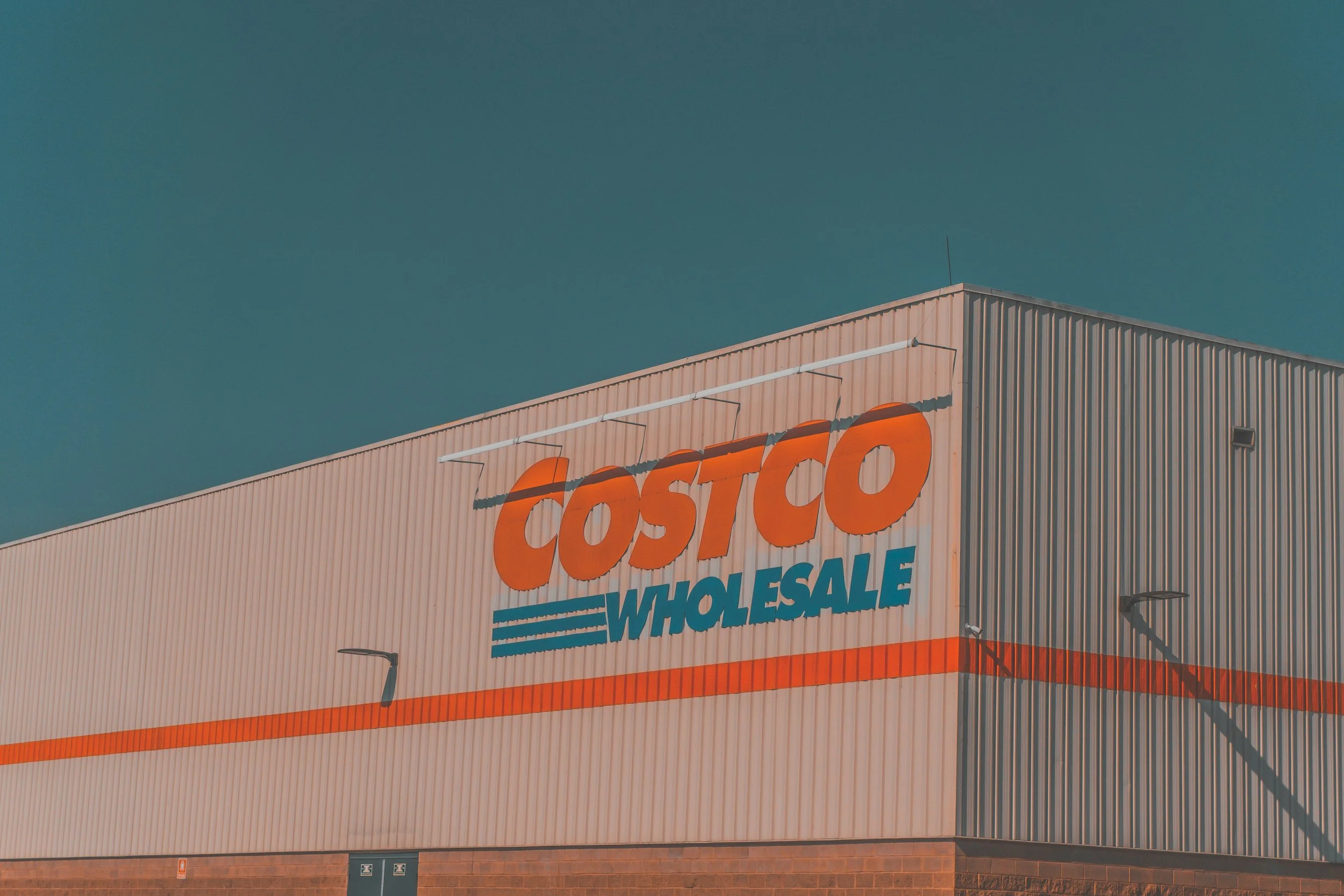I love Costco, and they love their employees.
The wholesale giant has been a staple of my life since childhood. My father, a multi-time business owner, first got a Costco membership when I was in middle school, using it not only to purchase office supplies, but also way too much food every time my mother went out of town.
As an adult, I got my own Costco membership (which I split with my sister) as soon as I started working full time, post graduate school.
The quality and selection of products is always top-notch, my husband and I regularly stock up for when we host friends and game nights, and I genuinely think that purchasing gas for my car alone would make the yearly membership fee worth it.
As a citizen of the world and (most certainly) as the Vice President of Learning and Client Engagement for Harper Slade, admittedly, my love for Costco may have grown (if possible) when a couple of days after Christmas, I came across an article from a NY division of CNN entitled, “Costco is pushing back – hard – against the anti-DEI movement” (find the article here). Amidst spending time with family, I immediately sent the article to Nikki, our CEO. She suggested that my excitement about Costco’s conviction in this regard be the subject of our next Harvest blog.
So, here we go!
Those of you who work in the corporate world, or who are remotely tapped into politics, have likely heard that a great number of companies, including the likes of Walmart, Lowes and John Deer, have very publicly moved away from Diversity, Equity and Inclusion in some form or fashion. Some companies are outright disbanding their DEI departments. While other organizations, like SHRM (Society for Human Resource Management), have dropped some of the focus on aspects of the work (like that of Equity in the case of SHRM).
The reasons for these shifts vary. In some cases, it is seen as a response to things happening in state politics, like anti-affirmative action rhetoric in public colleges and universities. For others, perhaps it is in preparation for the seeming changes that will occur with the new presidential administration later in January. Others are cowering to the demands of shareholders or even the pressures levied by one or two lone detractors. Whatever the reason, people seem to be leaving this work in droves.
Then, there are companies like Costco.
Back in 2020, when seemingly every company—like every company—seemed to be making pledges every other day of money to help organizations right racial injustices, Costco committed $25 Million to LISC (Local Initiatives Support Corporation). This money was specifically designated to booster LISC's newly rolled out Black Economic Development Fund. A press release confirming this was released by LISC on August 28, 2020.
Since that initial pledge, Costco has remained committed to the work of DEI, evidenced by not only retaining “a chief diversity officer and a supplier program that focuses on expanding with small and diverse businesses,” but Costco’s Charitable Contributions Committe, which meets quarterly, has allocated funds to organizations like, American Indian College Fund, Thurgood Marshall College Fund, Boys and Girls Clubs, and many other organizations which serve people of color and underrepresented groups (A Commitment to Communities).
A proposal was recently brought to Costco’s board from the National Center for Public Policy Research (NCPPR), a conservative Think Tank, stating that they needed to “evaluate and issue a report on the financial risks of maintaining its diversity and inclusion goals.” They further cautioned that the retailer might be at risk of “illegal discrimination” against employees who are “white, Asian, male or straight.”
Seeing this “warning,” as a veiled anti-DEI agenda, Costco’s board wrote a recommendation to shareholders to vote against NCPPR’s proposal, positing that “NCPPR is inflicting burdens on companies with challenges to DEI and the organization’s broader agenda is to abolish diversity initiatives.”
Furthermore, Costco’s board has stated they realize that not only do their DEI initiatives make their company stronger. In their statement to investors they said, “Among other things, a diverse group of employees helps bring originality and creativity to our merchandise offerings.” They also have recognized how diversity efforts especially have helped their bottom line. “We believe (and member feedback shows) that many of our members like to see themselves reflected in the people in our warehouses with whom they interact.”
In the face of anti-DEI sentiments, they have pushed back because they recognize the myriad ways that Diversity, Equity, and Inclusion improves them as a company, benefiting their employees and customers.
As an advisory firm, which offers equity-centric human capital solutions, we support our clients and help them to build, much like Costco’s leaders, an unshakeable belief that the principles of D, E, and I matter immensely, not just conceptually, but matter in-fact to their maturing customer and employee value proposition. We then help companies build the systems, norms, policies and behaviors that support that belief. This helps to ensure that their multicultural teams are supported and fully activated, Further, we help to prepare leaders for the demographic shifts that we will realize between now and 2045.
The work of diversity, equity, and inclusion isn’t a “nice to have” nor should it be something up for negotiation. If you need support to stay the course in your DEI efforts, download our latest white page: Defensible DEI.
Like Costco, you need a differentiated and compelling employee value proposition; a culture that is so distinctly rich in its broad representation and thoughtful activation of employees who are “different.” Harper Slade exists to help employers gain the confidence and clarity to do just that! Reach out to us to book an introductory call. We look forward to learning more about your needs a crafting a plan forward.
Catch you later. I’m off to grab a giant slice of cheese pizza as I browse the aisles of my local Costco.
-Jaeden Thomas

